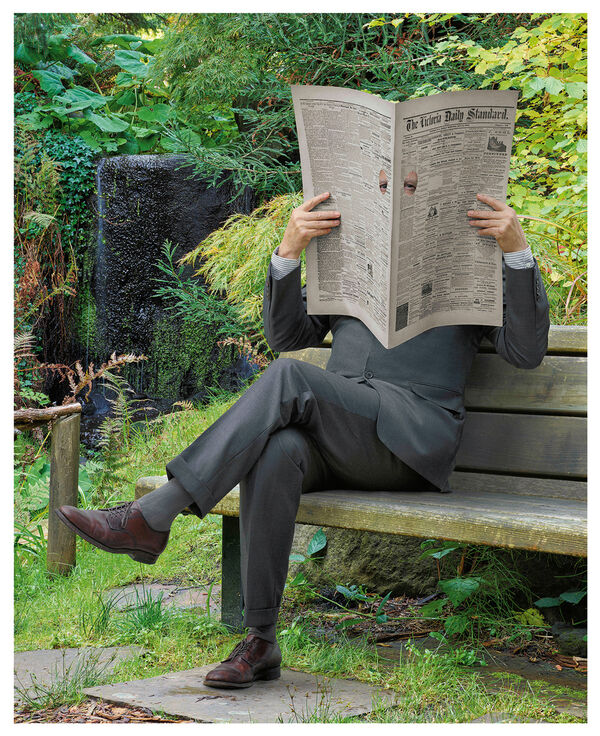Contact
art book cologne GmbH & Co. KG
Deutzer Freiheit 107
50679 Köln
Germany
Opening hours (office and showroom):
Monday to Friday 8 – 17
info@artbookcologne.de
Phone: +49 221 800 80 80
Fax: +49 221 800 80 82
About us
art book cologne, founded by Bernd Detsch in 1997, is a wholesale company and specializes in buying and selling high quality publications in art, art theory, architecture, design, photography, illustrated cultural history and all related subjects internationally. Our team includes specialists in art, culture, music, book trade and media but in spite of our diversity we have one common ground: the enthusiasm for unique art books.
We purchase remaining stocks from museums, publishers and art institutions. We sell these remainders to bookstores, museum shops, and art dealers all over the world.
Rodney Graham – Lightboxes
| Editor | Stiftung Fireder Burda |
| Publisher | Kehrer |
| Year | 2017 |
| Cover | Hardcover with dust jacket |
| Language | English, German |
| ISBN | 978-3-86828-802-5 |
| Pages | 130 |
| Weight | 771 g |
| More | |
| Contributors | Frieder Burda, Rodney Graham, Patricia Kamp et al. |
| Type of book | Exhib'publication |
| Museum / Place | Baltic Centre for Contemporary Art, Gateshead |
| Article ID | art-58462 |
Hardly any other contemporary artist has devoted himself to searching for traces left behind by different ways of life in the 19th and 20th centuries as the Canadian Rodney Graham (1949-2022).
Since the 1970s, he has been working on a rhizome-like, conceptual oeuvre that has never shied away from new jumps in time or genre. His work combines film, photography, installation, performance, painting, literature, and music. Graham, who, along with artists such as Jeff Wall or Stan Douglas, belongs to the »Vancouver School«, appropriates styles, trends, and discourses from the era of romanticism through to post-modernity, commenting or expanding on them or rethinking them with an understated irony.
This book, designed in close co-operation with the artist, accompanies the exhibition at Museum Frieder Burda. It presents Graham's 36 photo light boxes from 2000 to the present, among them key works like the Newspaper Man. The central focus is on the manifold ways in which Graham has staged himself. He always gives the impression of a melancholy time traveler, a modern-day Buster Keaton, negotiating the trials and tribulations of modern culture in various guises and in doing so, slipping into the role of producer, observer or mediator.

